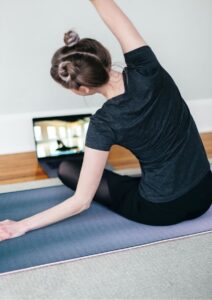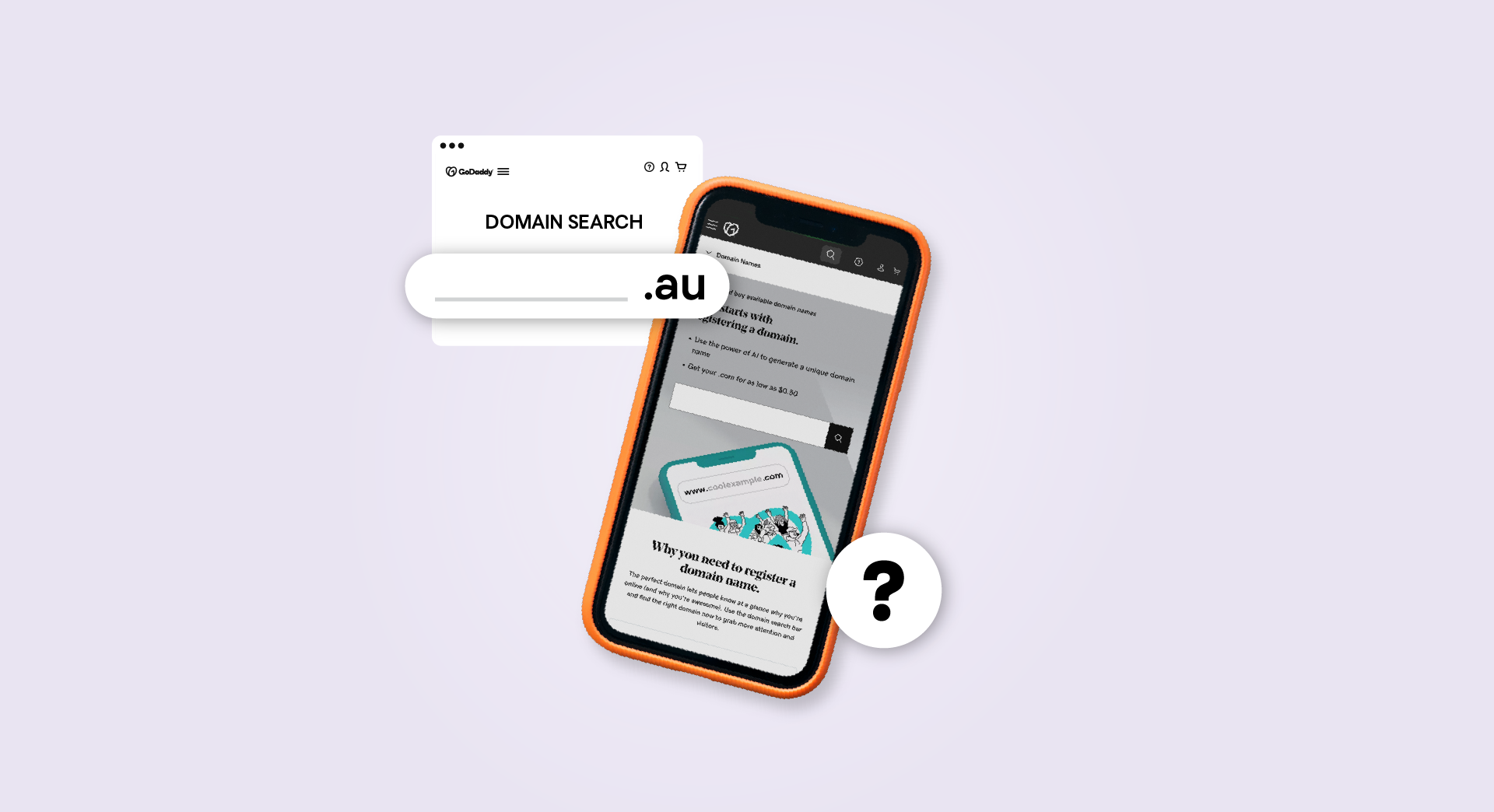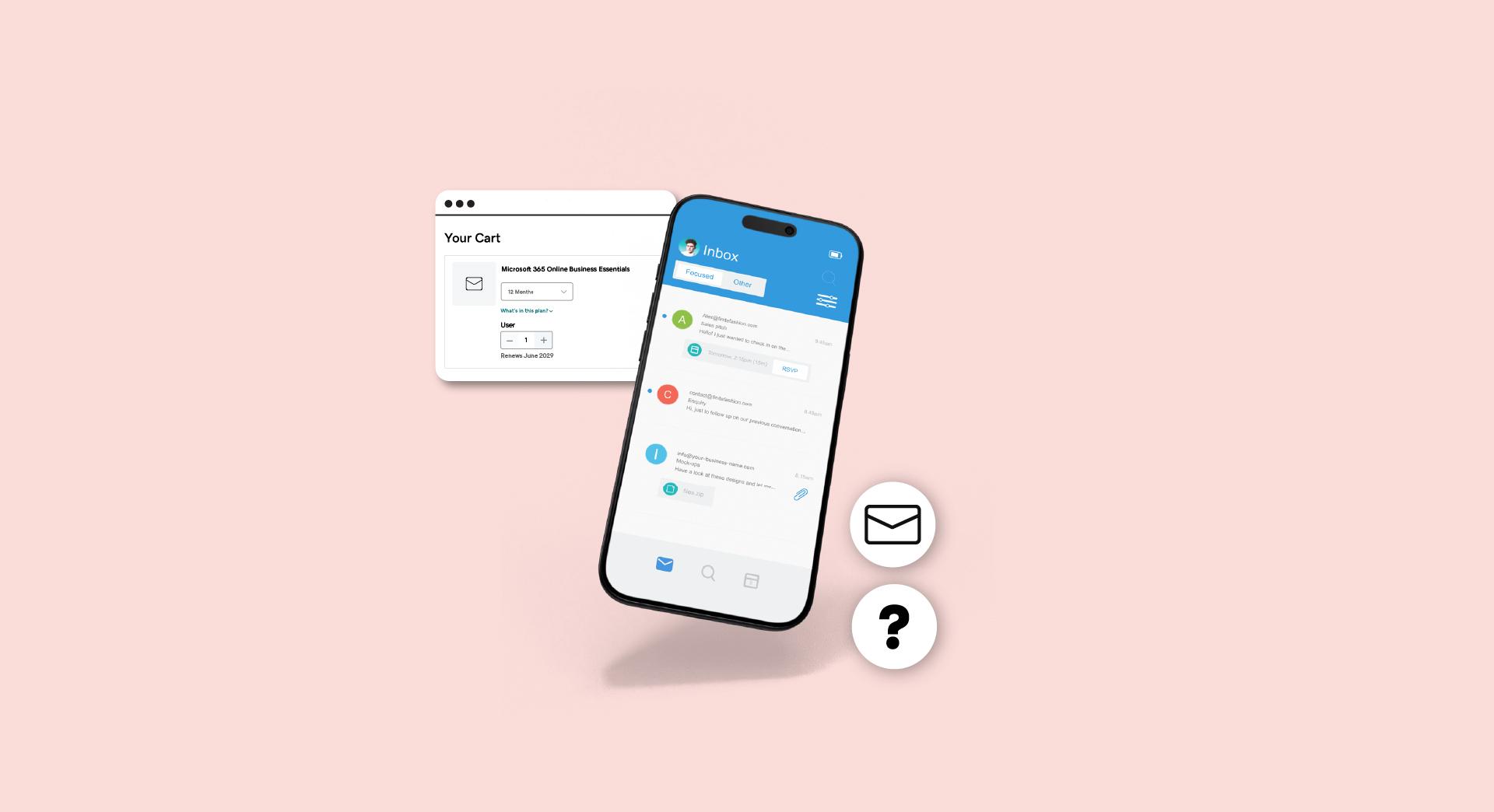With the outbreak of COVID-19, businesses and employees are having to adjust to a new normal. We are working from home in unprecedented numbers, where staying healthy — both mentally and physically — can be a challenge. It’s not as simple as eating healthy or just sweating more. Because of social distancing restrictions, we are now more isolated than most of us have ever been. What we all need is a simple way to stay healthy for as long as the new normal lasts.
In this blog, we have gathered some mental health and well-being tips to guide us all as we try to look after ourselves and each other during these stressful times.
Related: Working from home — the insider’s secrets to success
5 tips that will help you stay healthy — even under stress
With Australians still being asked to practice social distancing, it’s tempting to fall into bad habits. Here are five things that should help you stay healthy — even in isolation:
- The best fuel is good food.
- Get some snooze.
- Clean, clean, clean.
- Get your sweat on.
- A little kindness goes a long way.
Let’s examine each of these more closely.
1. The best fuel is good food
The first way to stay healthy has to do with what you put in your body. When in isolation, it is easy to fall into the trap of consuming highly-processed foods like pizza and two-minute noodles out of convenience.
Remember that this crisis is temporary and we want to come out the other side stronger and healthier.
Staying healthy always involves eating wisely — not only for our physical health, but also for our psychological well-being too.
- A healthy diet can boost our immunity, helping prevent harmful viruses and bacteria from compromising our system.
- Proper nutrition has also been shown to reduce the risk of chronic illnesses such as diabetes, cardiovascular disease, obesity, depression and anxiety.
There is no need to follow a particular diet. Just avoid processed foods as much as possible, because they usually contain a high amount of sugar and salt.
A balanced diet often includes a variety of foods high in vitamins A, B, C, D and E, omegas, protein and amino acids. Probiotics found in fermented foods like sauerkraut, kimchi and yogurt can reduce inflammation, which can boost our moods and cognitive function.

2. Get some snooze
We need to sleep so our bodies can repair cells and clear out toxins. Lack of sleep can negatively affect our mood and emotional intelligence. We are also at risk of developing chronic illnesses if we do not get enough sleep.
The National Sleep Foundation recommends seven to eight hours of sleep for people over age 64 and seven to nine hours for ages 18 to 64.
But given it is a stressful time for many, some may be finding it difficult to fall asleep.
It can be helpful to:
- Try to go to bed and wake up at a similar time each day
- Limit the amount of screen time or media you consume right before bed
- Create a quiet space to reflect and journal or read a book before sleep
It’s also a good idea to get news updates just once a day, making sure you consult reliable sources (i.e. not social media).
3. Clean, clean, clean
Scientists have shown that COVID-19 can survive outside the body on plastic and stainless steel surfaces for up to 72 hours.
To stay healthy, regularly:
- Wipe down high-touch surfaces like doorknobs, railings, workstations and phones
- Wash your hand towels frequently
- Remove your shoes as you return from any trips outside
Everyone can slow the spread of COVID-19 by washing their hands frequently and covering their coughs with their elbows.
The Australian Government has provided guidelines such as avoiding touching your eyes, nose and mouth.
However, unless someone in your household or workplace is actively sick, there’s no need to clean obsessively — especially if practising social distancing and washing your hands regularly.
4. Get your sweat on
Exercise releases the feel-good hormone serotonin in our bodies. Moving around more has also been linked to:
- Better sleep
- Less stress and anxiety
- Improved memory and cognition
While we cannot hit the gym or do team sports just yet, we can still go outdoors for a stroll, bike ride or run workout from home.
There are so many fitness instructors, personal trainers and dance teachers who have pivoted overnight and now offer their classes online during the outbreak. Otherwise, YouTube has some fantastic workout videos with very minimal equipment. Often all you need is a mat and good internet connection.
If you have staff, why not do a virtual team exercise together? It can help break up the day and get the blood flowing.
But don’t feel too pressured to start a completely new workout. As long as your body is moving, simple activities like gardening or hanging out the laundry even can improve your overall health.

5. A little kindness goes a long way
When in physical and social isolation, there is a lot of uncertainty and this can contribute to feelings of helplessness and fear.
Now more than ever, it’s important to strengthen our sense of community by connecting with and supporting one another. Remember, we are all in this together.
Be generous to others — it not only helps them, it improves your well-being too.
We should remind ourselves that we can manage through this much better together in solidarity. COVID-19 doesn’t discriminate, and it can affect anyone regardless of age, gender, nationality or ethnicity.
Actively manage your well-being by connecting with family, friends and your customers. Give yourself the challenge to think of some creative ways to stay connected with others by using social media, email and phone.

For instance, you can organise virtual teas or time together to watch a show via Netflix Party. Never underestimate the power of connection to offer hope to yourself and others.
If you have staff, you can organise a ‘gratitude tree,’ where each person posts a message to other members sharing something they are grateful for. You can use chat tools like WhatsApp or Slack to facilitate this.
Related: Finding a supportive community in tough times
Where to look for help staying healthy
Staying healthy, maintaining connection and looking after each other is so vital during these isolating times. If you feel you need more support, here are some helpful numbers:
- Lifeline: Call 13 11 14 for help 24 hours a day, seven days a week
- Lifeline Text: For those who prefer texting, send a note to 0477 13 11 14 from 6pm to midnight (AEDT), seven nights a week
- Lifeline webchat: Chat with a staff member 7pm to midnight (AEDT), seven nights a week
- Kids Helpline: Children who need support can call 1800 55 1800
- Beyond Blue: Call 1300 22 4636
Government resources
- Australian Department of Health
- World Health Organisation
- Smart Traveller (information for Australian travellers)
Practice a few good habits, and you’ll find the challenges of this period easier all round. See you on the other side!






